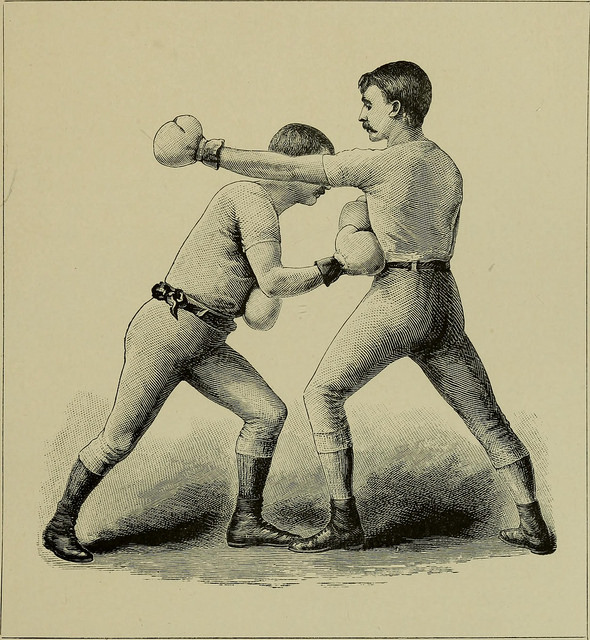-
3-minute read
-
13th April 2017
Word Choice: Faint vs. Feint
This blog post isn’t for the ‘feint of heart’. That’s because there’s no such thing as being ‘feint’ of heart. And to understand why, we need to know the difference between ‘faint’ and ‘feint’.
But since these words are similarly spelled, it can be easy to mix them up. Hopefully this guide (and remembering to check your work carefully) will help you avoid any errors!
Faint (Weak or Dizzy)
The word ‘faint’ has two main uses. The first is to describe something as ‘weak’ or ‘dim’. When related to the senses, this means hard to perceive:
Chris woke with a fright at the faint sound of glass breaking downstairs.
But it can also suggest that something is unlikely:
‘There’s a faint possibility that it was just the cat,’ Chris told himself.
And it can imply a lack of enthusiasm, such as in ‘faint of heart’:
Feeling faint-hearted, Chris climbed out of bed and went to check.
The second main meaning is to lose consciousness or feel dizzy:
When Chris saw the burglar in his kitchen, he almost fainted.
Find this useful?
Subscribe to our newsletter and get writing tips from our editors straight to your inbox.
Subscribe to Beyond the Margins and get your monthly fix of editorial strategy, workflow tips, and real-world examples from content leaders.

Feint (A Deceptive Move)
A ‘feint’ is a pretend attack or move designed to deceive an opponent. This can be used as either a noun, such as in:
The burglar ran at Chris, who made a feint to the left and then dodged.
Or it can be used as a verb to describe the act of making a deceptive move:
When the burglar attacked again, Chris feinted right and his assailant knocked himself out by running head first into the fridge. This gave Chris time to phone the police.
A far more obscure definition of ‘feint’ is the lines in ruled paper. But this is not a use you will come across in most situations.

Faint or Feint?
Now that Chris is safe and the burglar is in custody, we can quickly review what we’ve learned. The key thing is that, despite their similar spellings, ‘faint’ and ‘feint’ are very different terms.
When something is ‘faint’, it’s weak or feeble. And when somebody ‘faints’, it means they have lost consciousness. A ‘feint’, meanwhile, is a dodge or deceptive attack. Remember:
Faint = Weak or dizzy
Feint = A deceptive move




